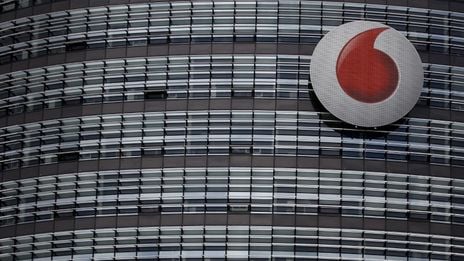This development is a clear success story for Vodafone's new CEO, Margherita Della Valle, who is making her debut after Nick Read's departure through the back door.
Like its European peers, Vodafone is facing stiff competition in its four main markets - Germany, the UK, Italy and Spain. This is putting pressure on prices and squeezing margins.
Coupled with the huge capacity investments required by growing bandwidth needs, and soon the rollout of 5G, this margin compression is depressing returns on capital invested.
With rates at rock bottom, European operators were only creating a semblance of value. The equation becomes more complicated as rates rise, since if nothing changes, it is to be feared that the return on capital employed will now be less than the cost of capital.
By consolidating its domestic market, Vodafone will regain some breathing space. This will require the successful integration of Three, which remains loss-making as it stands. But the two entities have of course earmarked hundreds of millions of pounds in "synergies" over the next three years.
Margherita Della Valle has already trimmed the fat, and launched a vast cost-cutting program. Above all, after Vantage Towers, further asset disposals are expected under pressure from shareholders. An exit from Spain or Italy - or both - would breathe new life into a highly indebted group.
In this respect, the about-face of the British regulator - who once favored low prices and consumer interests over telco profitability - sends out a strong message: operators must be allowed to invest in 5G, as a matter of economic sovereignty.
Vodafone still offers a very attractive valuation - in terms of both earnings multiple and dividend yield - for contrarian investors ready to bet on its turnaround.

 By
By 



